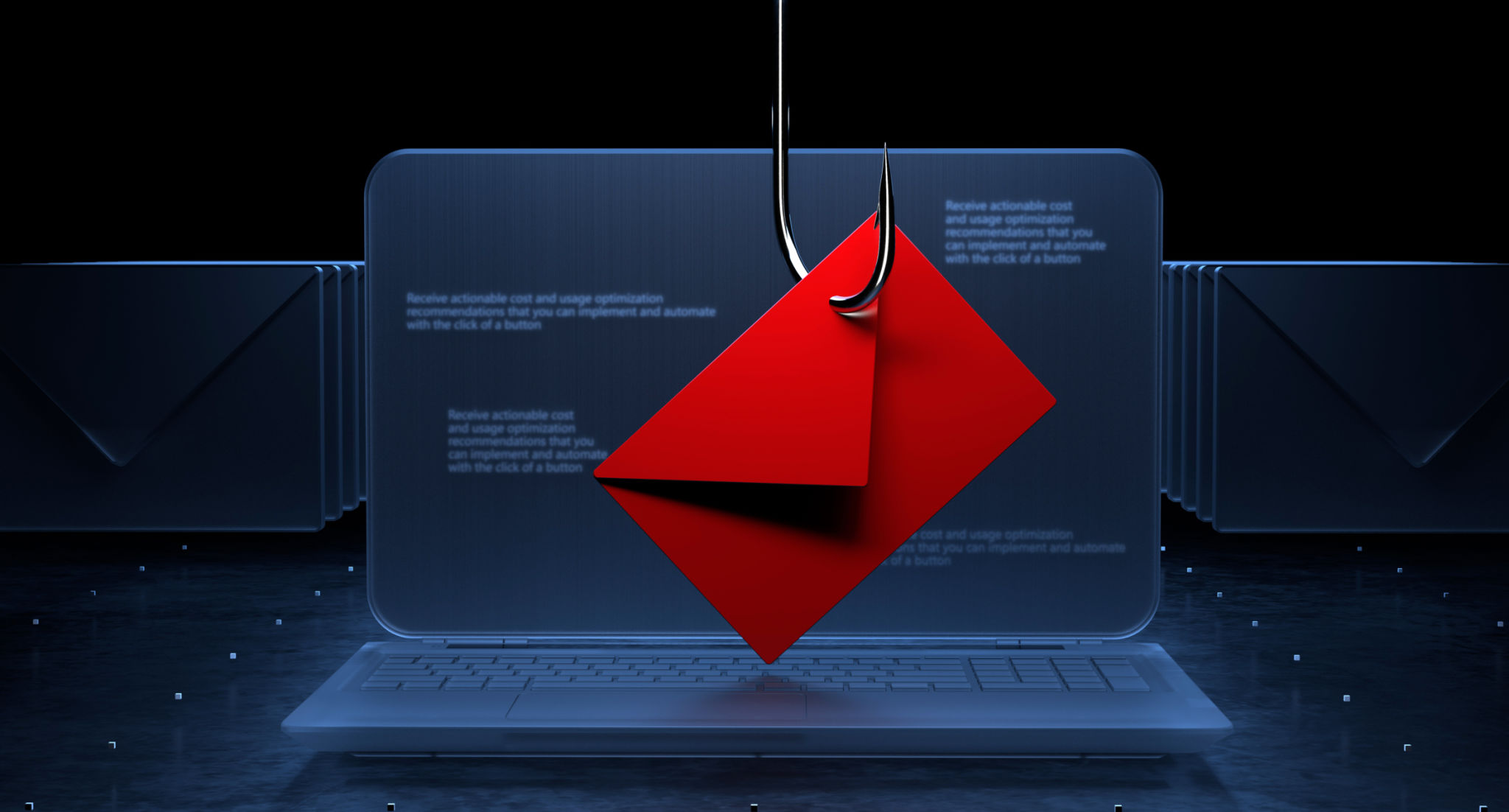How to Prevent Data Breaches at Work: Best Practices for Employees
Ni
Understanding the Importance of Data Security
Data breaches have become an increasingly common threat to organizations worldwide, making it crucial for employees to understand their role in preventing them. A single breach can result in significant financial losses, legal consequences, and reputational damage. Therefore, it is essential that all employees are vigilant and proactive in protecting sensitive data.

Adopt Strong Password Practices
The first line of defense against unauthorized access is a strong password. Employees should use complex passwords that combine letters, numbers, and special characters. Avoid using easily guessed passwords like "password123" or personal information such as birth dates. Additionally, regularly updating passwords and utilizing password managers can help maintain security.
Be Cautious with Emails and Attachments
Phishing attacks are a common method used by cybercriminals to gain access to sensitive information. Employees should be wary of unsolicited emails, especially those requesting personal information or containing suspicious attachments. Verifying the sender's identity and reporting suspicious emails to the IT department can prevent potential breaches.

Utilize Two-Factor Authentication
Two-factor authentication (2FA) adds an extra layer of security by requiring users to provide two forms of identification before accessing accounts. This might include something you know (like a password) and something you have (like a mobile device). Implementing 2FA can significantly reduce the risk of unauthorized access to sensitive data.
Secure Work Devices and Networks
Employees should ensure that their work devices are secure. This includes keeping software and antivirus programs up to date, using encrypted connections such as VPNs for remote work, and avoiding public Wi-Fi networks when accessing sensitive information. Additionally, locking devices when not in use can prevent unauthorized access.

Educate and Train Employees
Regular training sessions on data security best practices can help keep employees informed about the latest threats and how to mitigate them. This includes understanding company policies, recognizing signs of a potential breach, and knowing how to respond in the event of a security incident. Continuous education is key in maintaining a culture of security awareness.
Limit Access to Sensitive Information
Not all employees need access to all company data. Implementing role-based access controls ensures that employees only have access to the information necessary for their job functions. Regular audits can help identify and adjust access permissions as needed, minimizing the risk of a data breach.
Encourage Open Communication
Creating an environment where employees feel comfortable reporting suspicious activities can be instrumental in preventing data breaches. Encouraging open communication with IT departments ensures that potential threats are addressed promptly, reducing the chance of a small issue escalating into a significant breach.
In conclusion, preventing data breaches requires a collective effort from all employees within an organization. By adopting best practices such as strong password management, cautious email handling, and continuous education, employees can play a pivotal role in safeguarding their company's sensitive information. With vigilance and cooperation, data breaches can be effectively minimized.
